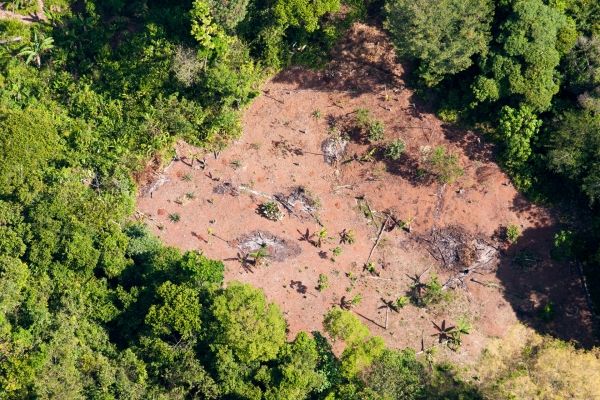Nine articles explore impacts of ancient human societies on tropical ecosystems, revealing the importance of incorporating the paleosciences, social sciences and Indigenous traditional knowledge to solve contemporary environmental challenges.
Tropical forests are some of the most threatened ecosystems on Earth, largely due to recent human activities. To better understand how tropical forests responded to human impacts on time scales from hundreds to thousands of years ago, scientists unearth lessons from the past that are relevant to the conservation of tropical environments going forward. A special feature in the Proceedings of the National Academy of Sciences (PNAS) co-edited by Dolores Piperno, Smithsonian Tropical Research Institute and National Museum of Natural History senior scientist emerita, shares their results.
Humans have been modifying tropical habitats for thousands of years. Through the lenses of a variety of disciplines—archaeology, paleoecology, history and climate science—the authors take a deep-time approach to discover how ancient human societies understood tropical ecosystem dynamics, and to reveal their wisdom and adaptability to their natural surroundings.
Read more at: Smithsonian Tropical Research Institute
To understand how tropical forests responded to human impacts on time scales from hundreds to thousands of years ago, scientists unearth lessons from the past that are relevant to the conservation of tropical environments going forward. (Photo Credit: Sean Mattson, Smithsonian Tropical Research Institute)


